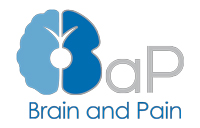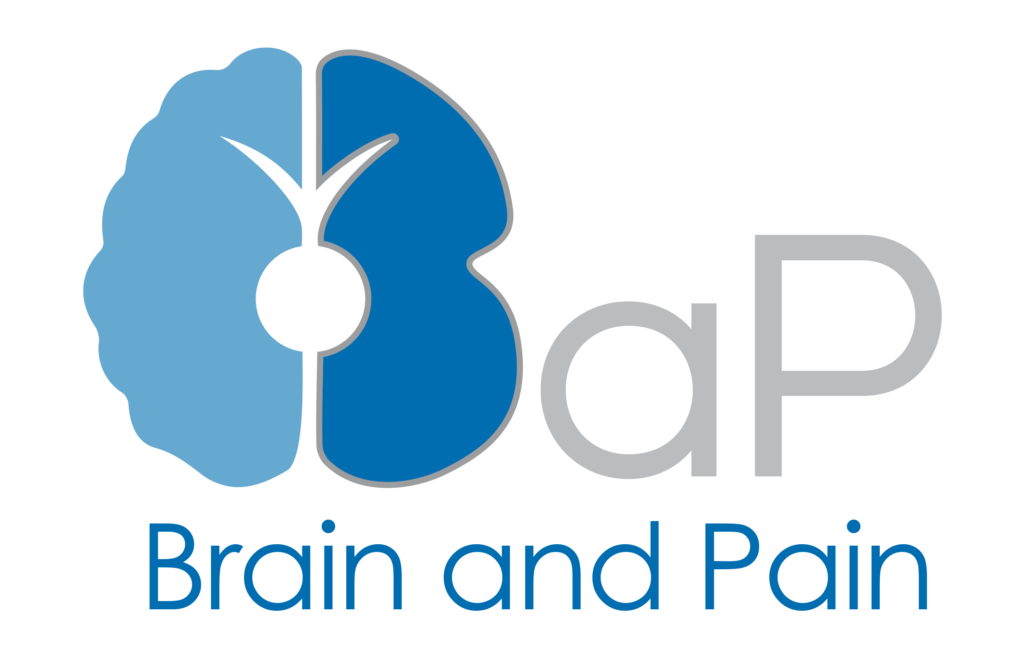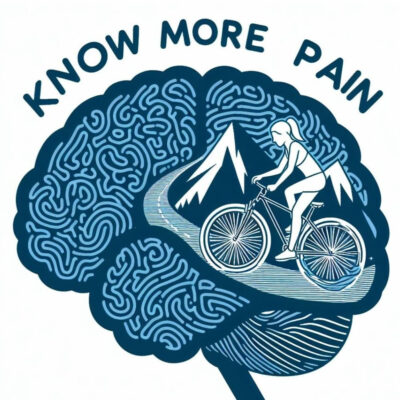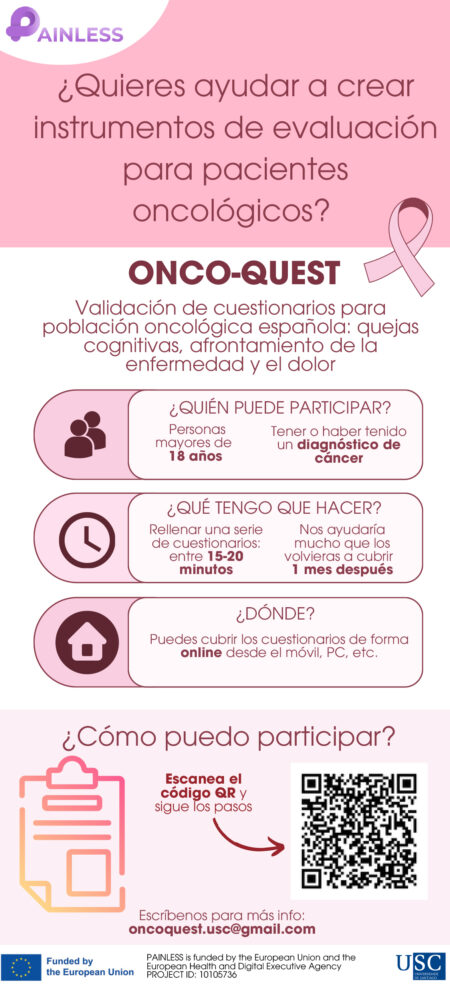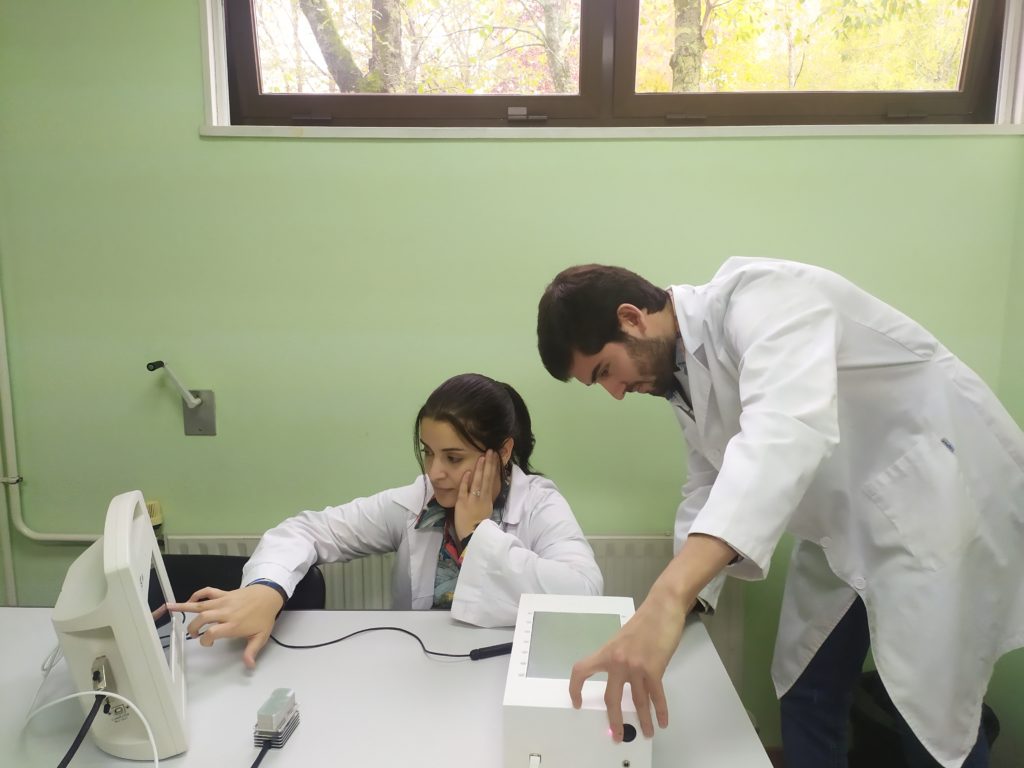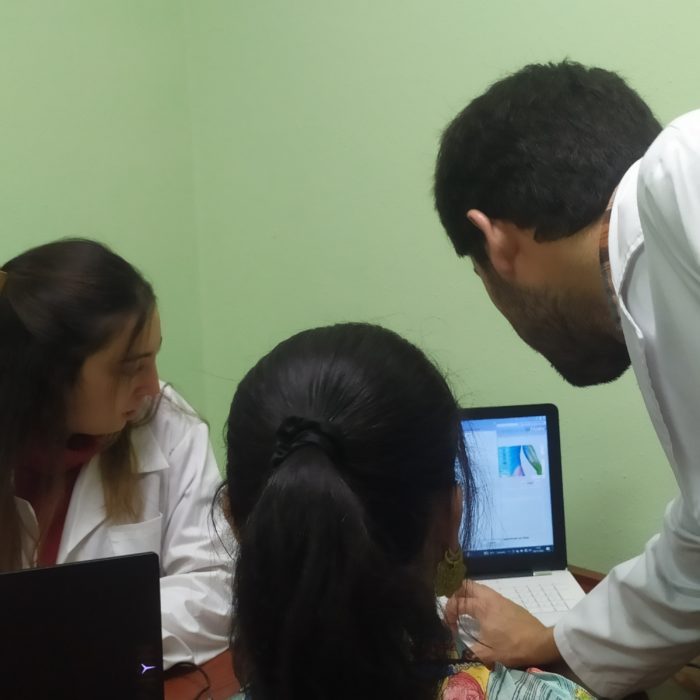Fibromyalgia is a multidimensional condition characterised by chronic widespread pain and a heterogeneity of associated symptoms, with no effective health response to patients’ suffering. Its exact causes are unknown, nor are there objective tests for its diagnosis. Further, fibriomyalgia treatment is symptomatic, mainly based on pharmacological therapies, with limited efficacy. Multicomponent therapies appear to be effective in the short and medium term, but many fail to maintain their effects in the long term.
All the abovementioned aspects imply a high health and social burden, but most importantly, a severe impact on patients’ quality of life. kNOwMorePain aims to:
- better understand the mechanisms of neural plasticity and central modulation of pain underlying this disease;
- identify sensitive and valid diagnostic biomarkers to facilitate diagnosis and guide personalised treatment; and
- to test a multicomponent treatment programme combining education in pain neuroscience, exercise and neuromodulation (central – with transcranial electrical stimulation – and peripheral – with percutaneous cervical and lumbar stimulation).
This therapeutic option, which has not been explored before, seeks to increase the long-term efficacy of available interventions through the synergistic action of these techniques to modify the dysfunctional plasticity mechanisms responsible for chronic pain.
KNOwMorePain Improving knowledge of pain mechanisms and treatment in Fibromyalgia using an integrative strategy.
